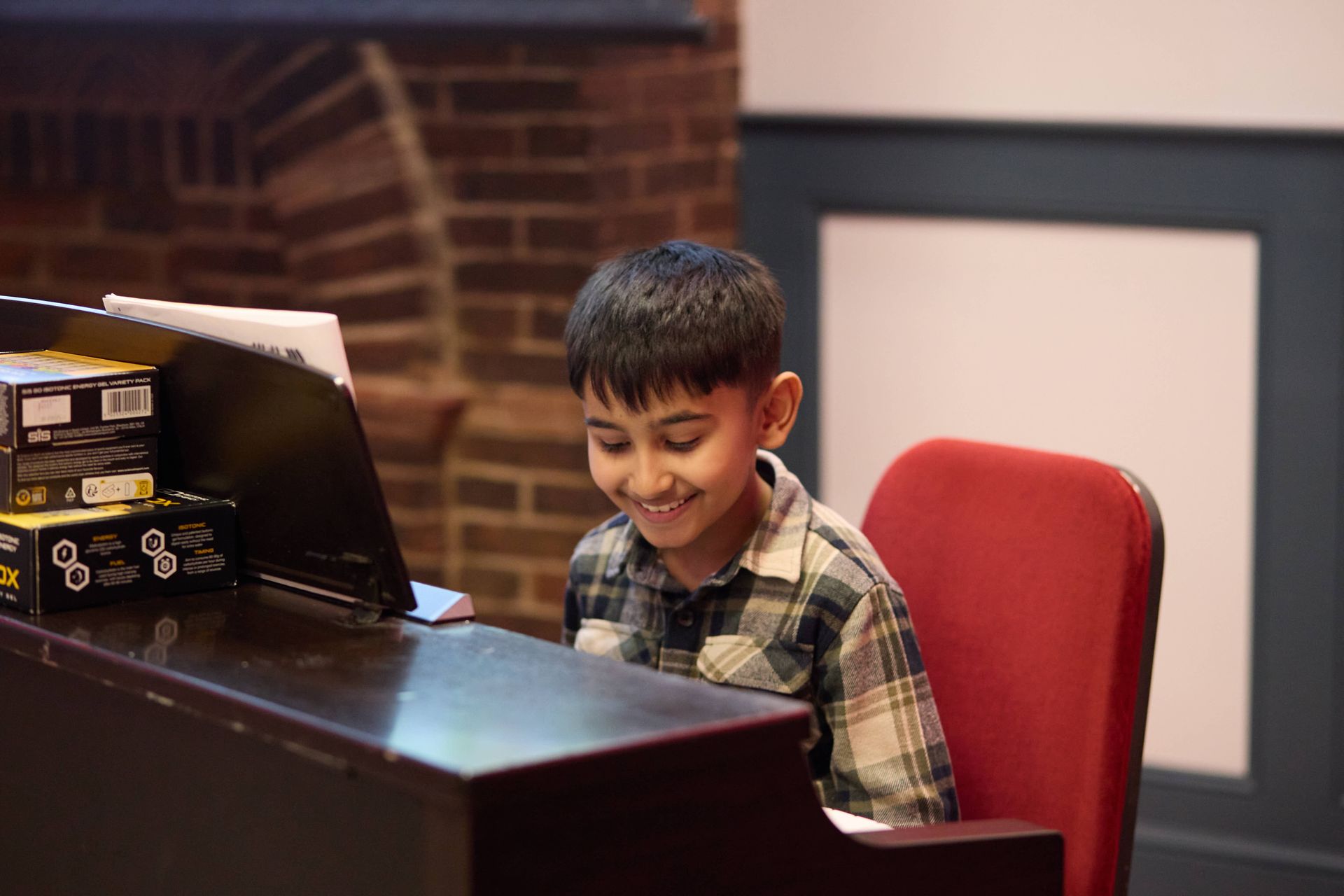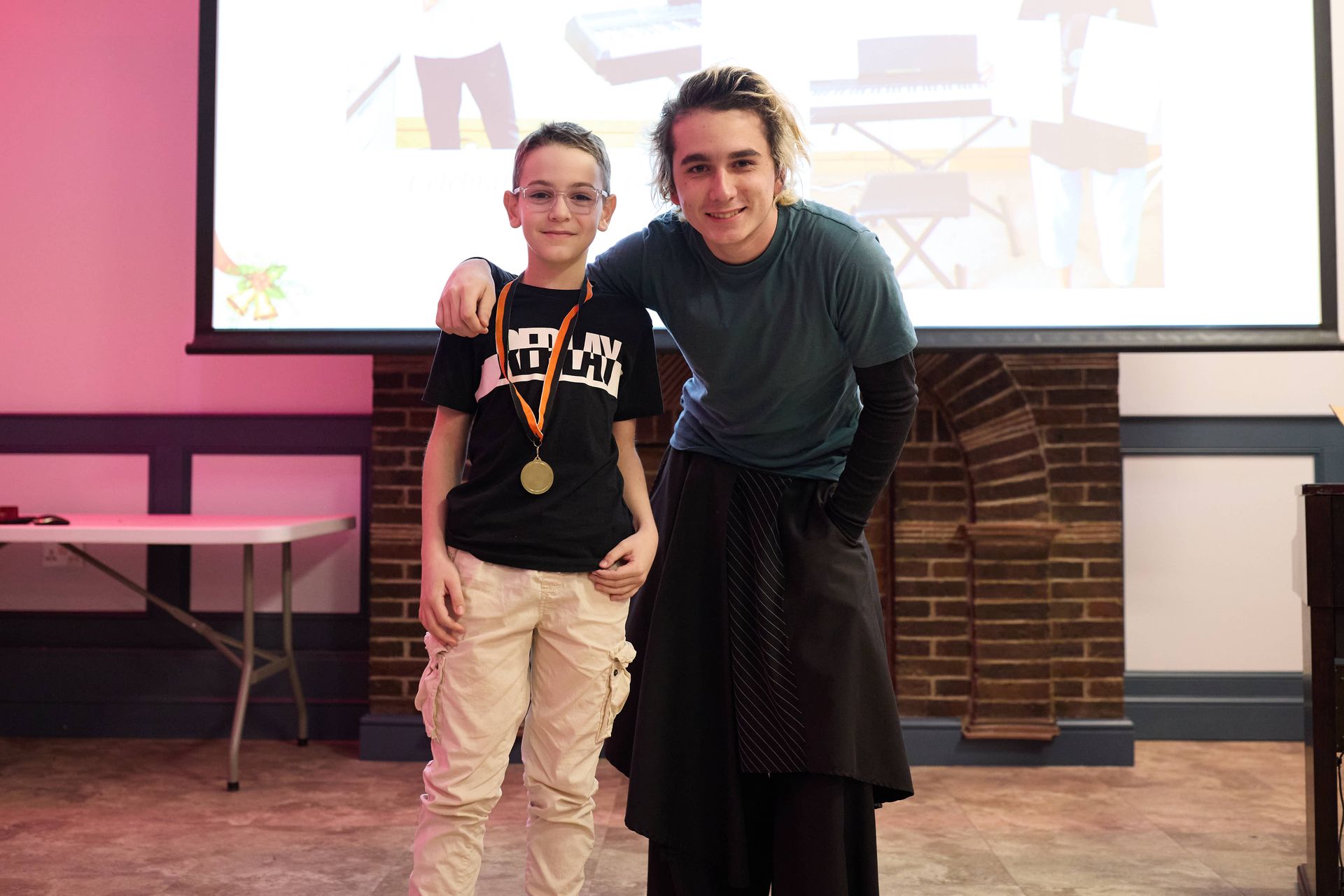3 Things I Wish I Knew Before Starting to Learn to Play the Piano

2. Various learning methods
To improve in your piano playing isn’t solely about piano practice.
Here are three ways you can improve are by exploring different learning methods, here are some examples:
1) Play a music theory activities available online that is suited to your level.
2) Attend a virtual or live concert.
3) Speak to a musician who is more experienced than you are – this could be your teacher, friend or family member.
3. Visualisation
During challenging experiences at the piano we can feel frustrated. One way to overcome this mentally is through the power of visualisation.
Visualisation is really quite simple. First, sit in a comfortable position, close your eyes and imagine — in as vivid detail as you can at the process and the final result of your desired act.
To gain the most out of visualisation try to:
· Pick the right time and place
Somewhere you can switch off and focus deeply. This should also be somewhere with as few distractions as possible.
· Focus on your breathing
Before you begin try to ensure you maintain a regular breathing pattern and release any tension in your body.
· Regain control of your attention
Focus on one thing. Whether that’s your instrument or hand position. Begin to picture this in your mind. You can then add more images as and when you feel comfortable.
· Use all of your senses
Although the term ‘visualisation’ implies using our visual senses, according to leading performance psychologists: ‘you should be so immersed in a mental image that it seems as if it is actually happening.’ For this reason, we recommend using as many senses as possible.
Remember that when you are trying out these systems to write them out and look at them little and often but also be patient with yourself. If you wish to know more about these hacks and resources, feel free to take a look around our website or connect with us directly.
To find out more, feel free to get involved in our latest project “The Habits of the Top Performing Piano Players”, fill out our survey:
https://bit.ly/2FDs8rf. For your chance to win a Nintendo DS Lite or a £50 Amazon Gift Voucher.





